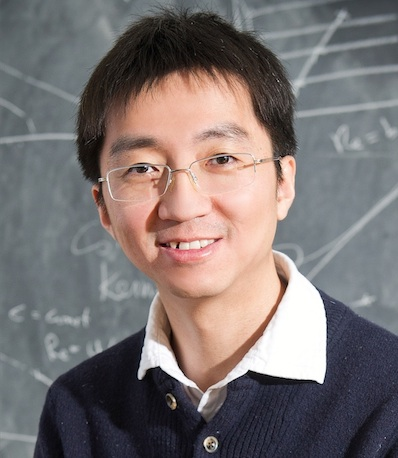报 告 人:黄毅 教授,加拿大麦吉尔大学
报告时间:2024年11月20日(星期三)14:00-15:30
报告地点:西康路1号pg电子官网推荐网(中国)集团有限公司507会议室
主 持 人:冯涛 副教授
报告简介:
Spectrally resolved atmospheric radiation sheds light to the drivers of climate change, as the different drivers are characterized by their different spectral fingerprints. For this reason, the surface downwelling longwave radiation (DLR) spectra measured by the Atmospheric Emitted Radiance Interferometer (AERI) instrument provide a radiative Keeling curve that benchmarks the climate change and help understand its drivers. In this talk, I will discuss how we use the AERI measurements to ground-truth the climate trend in atmospheric greenhouse effect and how we use the spectral information imbedded in the measurements to separate the different climate forcing and feedback mechanisms that contribute to the total radiation change. We found that the DLR increase driven by the greenhouse gas forcing is partially compensated by a negative cloud radiative feedback over the mid-latitude continents but is reinforced by it over the Arctic, which helps explain the warming amplification in the Arctic.
报告人简介:

Yi Huang is an Associate Professor in the Department of Atmospheric and Oceanic Sciences at McGill University, Canada. His research is focused on climate physics and atmospheric radiation. He obtained his Ph.D. at Princeton University and was a Climate and Global Change Postdoctoral Fellow at Harvard University before he joined the faculty at McGill University. His work has advanced radiative transfer theories, such as explaining the logarithmic dependency and spatial pattern of the greenhouse gas forcing. He has also led the developments of remote sensing techniques applied to both space- (satellite) and ground-based instruments. He is currently the PI of the Greenhouse Gas-Montreal project aimed to measure the 3-D distributions of greenhouse gases at the city-level, and a science co-Lead of the Canadian Satellite mission, High-altitude Aerosols, Water vapour and Clouds (HAWC).



